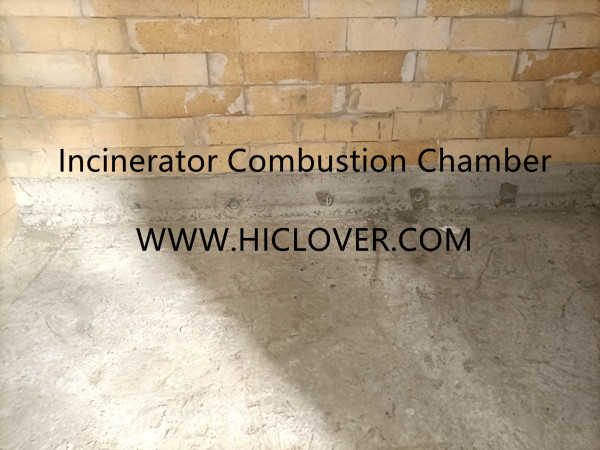The United Arab Emirates (UAE) has been facing significant waste management challenges in recent years, with the ever-increasing amount of waste being generated due to the country’s rapid population growth and economic development. In response to this issue, the UAE has been implementing various waste management strategies, one of which includes the use of air incinerators.
Air incinerators, also known as waste-to-energy plants, are facilities that use high temperatures to convert waste materials into energy. These incinerators are equipped with advanced technology that allows for the safe and efficient disposal of waste while also producing energy in the form of electricity or heat.
One of the main advantages of using air incinerators in waste management is their ability to significantly reduce the volume of waste. By burning waste at high temperatures, these facilities can reduce the volume of waste by up to 90%, thereby minimizing the amount of waste that needs to be landfilled or otherwise disposed of. This not only helps in freeing up valuable landfill space but also reduces the environmental impact of waste disposal.
Furthermore, air incinerators play a crucial role in reducing greenhouse gas emissions. By converting waste into energy, these facilities help to decrease the reliance on fossil fuels for energy production, thus contributing to a reduction in carbon emissions. This is particularly important for the UAE, which is actively working towards reducing its carbon footprint and achieving its sustainability goals.
In addition, the energy produced by air incinerators can be utilized for various purposes, such as powering homes, businesses, and industrial facilities. This further contributes to the country’s energy security and reduces its dependence on imported fossil fuels.
The UAE has been making significant investments in waste-to-energy technologies, with several air incineration plants being developed and operated across the country. These state-of-the-art facilities are designed to handle various types of waste, including municipal solid waste, medical waste, and industrial waste, thus providing a comprehensive solution to the country’s waste management challenges.
Moreover, the implementation of air incinerators aligns with the UAE’s vision to achieve a circular economy, where waste is seen as a valuable resource rather than a burden. By converting waste into energy, the country is able to extract value from its waste stream and create a sustainable and efficient waste management system.
Overall, the use of air incinerators in waste management in the UAE is a significant step towards creating a more sustainable and environmentally friendly approach to waste disposal. These facilities not only help in reducing the volume of waste but also contribute to energy production and environmental preservation. With the continued investment in waste-to-energy technologies, the UAE is well-positioned to address its waste management challenges and move towards a more sustainable future.



